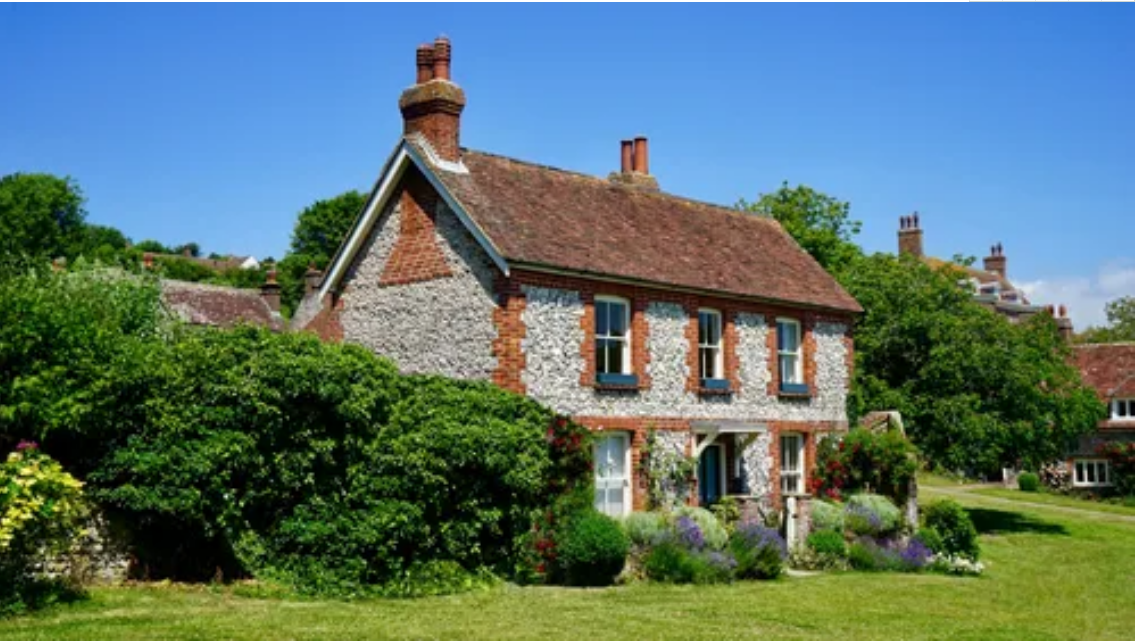
The ancient liability of chancel repair dates back to the reign of Henry VIII and is a liability that attaches to land requiring the owner to contribute to repairs of Parish Chancels in existence prior to 1536.
Originally, a Rector would receive tithes from the Parish to pay for the upkeep of the chancel. When King Henry VIII disbanded monasteries in the early 1500s and sold their land, the liability for the repair of churches passed to the new owners of the land. This continues to run with the land today and can still bind purchasers of property or land.
The true extent of this liability was evident in the 2003 case of Parochial Church Council of the Parish of Aston Cantlow and Wilmcote with Billesley, Warwickshire v Wallbank, where Andrew and Gale Wallbank, who were incorrectly reassured that this was ‘a dead law’, were later sent a bill for repairs to a local chancel. After an 18-year legal battle, they were ordered by the court to pay £100,000 to the church and incurred legal fees of over £300,000 (comprising of their own and the church’s legal fees).
Pre-2013 Law
Originally, chancel repair liability took the form of an overriding interest meaning it could bind anyone and no notice of the liability needed to be registered on the property’s title register.
It was therefore common practice when purchasing residential or commercial property for solicitors to carry out a specific search to check whether the property was in an area which was liable to make chancel repair payments. If the search showed or revealed a potential risk, then indemnity insurance to protect against the risk would be obtained.
Current Law
On 13 October 2013, the Land Registration Act 2002 changed the law so that chancel repair liability was no longer an overriding interest. Instead, a notice of the liability should be noted on the property’s register in order to bind a new purchaser. A Unilateral Notice could be entered pre-October 2013, or entered post-October 2013 provided that there has been no change in ownership since 12 October 2013.
This appeared to give purchasers protection that their land would be free of any liability unless a notice was already registered on the title and reassurance that no notice could be registered after they bought the property (due to a change in ownership). This relaxed the attitude towards obtaining a chancel search or indemnity insurance.
Don’t be fooled – this is not the case. Checking a title register for a notice is not sufficient to determine if there is a chancel repair liability.
If no notice has been entered on the title register pre-October 2013, the liability still binds the owner of the land until the land is sold to a third party for consideration. Even when land is sold on after 2013, HM Land Registry guidance says:
- Courts will consider applications for a notice to be entered on a title even if it hasn’t already been entered pre-October 2013; and
- HM Land Registry will still accept applications for registering a notice to protect an overriding interest that lost its protection in 2013 and they will not check if the registered proprietor has changed since this date before proceeding with the application.
Therefore, it is vital that the change in law in 2013 is not heavily relied on, and:
- As a solicitor or conveyancer, it is best practice to continue to either carry out chancel repair liability searches on every purchase or as an alternative, put in place indemnity insurance where this doesn’t already exist.
- As a purchaser of residential or commercial property, you should ensure your lawyer carries out a search and/or puts an indemnity insurance policy in place. Do not accept advice that this law is outdated or no longer a risk.
- As a home-owner, regardless of whether you have owned your home since before or after 12 October 2013, the Church could apply to register their interest on your title at any point and may still be successful. You should weigh up the risk and consider taking out an indemnity policy against a potential chancel repair liability. Some insurance providers will still offer policies if a notice has not yet been registered.
Summary
Regardless of the 2013 change in law, whether a chancel repair liability is currently noted on your property’s register, whether you bought your property post-2013 or the owner has not changed since 2013, chancel repair liability remains an indeterminate risk and the Churches continue to succeed in registering their interests on title registers.
Be aware!
To ensure you get the correct help and advice with a property purchase or for further advice regarding Chancel repair searches, please get in touch with BHW and we can direct you to our Residential or Commercial Property Department.
Categorised in: Blog, Commercial Property, News, Residential Property
Tags: Commercial Property, Conveyancing, Residential Property